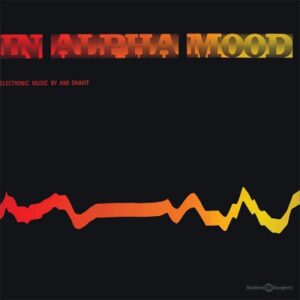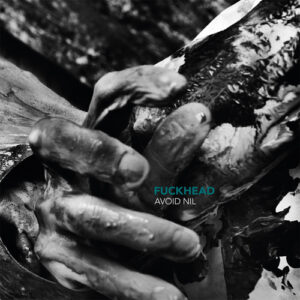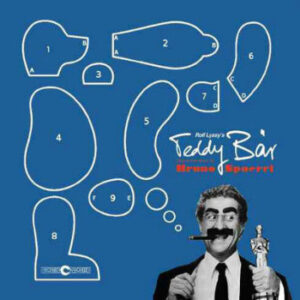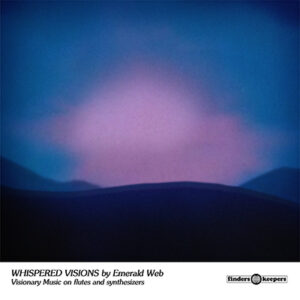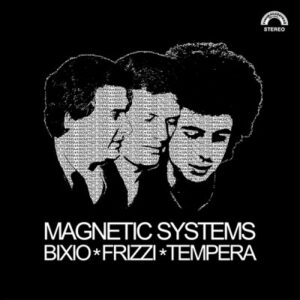Description
Dieter Moebius is one of the most important protagonists of avant-garde electronic music in Germany. Alongside his bands Kluster/Cluster and Harmonia, he participated in numerous collaborations (with the likes of Brian Eno and Mani Neumeier/Guru Guru). Seven years after Moebius passed away in July 2015, Asmus Tietchens, one of his musical companions, compiled this collection for Bureau B – he concentrated on his solo works “as they offer the clearest insight into his personality and inventive potential”.
Together, Dieter Moebius and Hans-Joachim Roedelius were CLUSTER. Their influence on the development of electronic music in Germany since the early 1970s has been considerable. If we were to represent the two of them as woodcuts reflecting their musical characteristics, Roedelius would be the baroque version of CLUSTER and Moebius the motorik minimalist. Their solo releases make this all the more obvious, but the serendipitous combination of such divergent components is what makes the music of CLUSTER so wondrously magical.
Aside from his many collaborations with a wide variety of musicians, there are just seven Moebius solo albums, one of which (“Metropolis”) was released posthumously in 2015. Moebius always wanted to create pop music and he actually thought of Cluster as pop. On the sleeve of the Cluster album “Zuckerzeit” he can be seen sporting a colourful Hawaiian shirt whilst sitting on Roedelius’s knee. He found more than enough to astonish him in the here and now, so esoteric, transcendent, fantastical notions were alien to him. The names he gave to the tracks which populated his LPs and CDs categorically rejected any form of overindulgence. He may have thought he was making pop music, but his interest in the material, aural substance aligns him more closely with contemporary classical composers. The repetitive patterns he favoured had less to do with baroque ornamentation and everything to do with minimal shifts in sound and rhythm, their rigour enhanced, time and again, by strange “little” electronic noises and reverberating layers.
On second listening, the exotic nature of his music truly comes alive. Moebius rarely deviates from linear rhythms or tonal harmonies, yet is able to create a world of sound within this rhythmic/harmonic framework which is unmistakeably his own. Never big on messages or statements, his focus has always been on feeling good about – and in – his music, a sensation he sought to share with his listeners. As far as I know, his listeners absolutely feel good in the presence of his music.
For this collection, , my fascination with his music as strong as ever, I have deliberately zeroed in on Moebius’s solo works, as they offer the clearest insight into his personality and inventive potential. Another quality of this outstanding musician is revealed in the wealth of artistic collaborations mentioned earlier: modesty. Moebius never attempts to dominate his fellow players, never seeks to stamp his mark on a production. Without hiding his light under a bushel, he always manages to craft something new from the most diverse of inputs – including his own. It is a sign of his class that all contributors are on equal footing, a damned unusual state of affairs! Moebius always wanted to make pop music, but he never wanted to be a pop star.
Tracks
01. Rattenwiesel
02. Hoffnungsschimmer
03. Flag
04. The Tracker
05. Rast
06. Markt
07. Alaise
08. Tiefenbahnen
09. Das Ende

